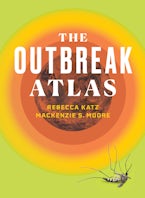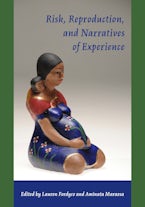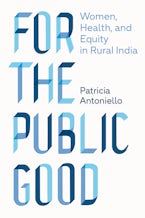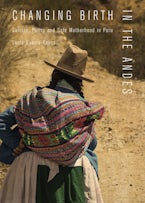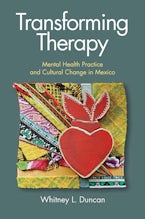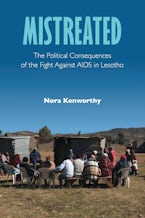- Home
- A Good Position for Birth

A Good Position for Birth
Pregnancy, Risk, and Development in Southern Belize
In order to understand the local realities of health and development initiatives undertaken to reduce maternal and infant mortality, the author accompanied rural health nurses as they traveled to villages accessible only by foot over waterlogged terrain to set up mobile prenatal and well-child clinics. Through sustained interactions with pregnant women, midwives, traditional birth attendants, and bush doctors, Maraesa encountered reproductive beliefs and practices ranging from obeah pregnancy to 'nointing that compete with global health care workers' directives about risk, prenatal care, and hospital versus home birth.
Fear and shame are prominent affective tropes that Maraesa uses to understand women's attitudes toward reproduction that are at times contrary to development discourse but that make sense in the lived experiences of the women of southern Belize.
Fear and shame are prominent affective tropes that Maraesa uses to understand women's attitudes toward reproduction that are at times contrary to development discourse but that make sense in the lived experiences of the women of southern Belize.
Amínata Maraesa, a medical anthropologist, is co-editor of Risk, Reproduction, and Narratives of Experience (also published by Vanderbilt) and director of the documentary film Woman to Woman: Doula Assisted Childbirth.
"Maraesa's vivid account of reproductive care practices in the southern region of Belize is a page turner. In what some might characterize as a sleepy and remote Caribbean outpost, removed from the Belizean government and NGOs' numerical goals for improving infant and maternal mortality, pregnant women and their families actively engage a wealth of ideas, practices, and beliefs for navigating pregnancy and childbirth, as well as the social norms governing acceptable and unacceptable uses of sexuality, spiritual practice, biomedical knowledge, and norms of behavior.
With Maraesa as our conflicted, astute, compassionate, and sometimes barefoot guide, we find a path in the forest created by the jumble of underfunded and poorly implemented public health mandates and complicated social relations, and may wind up questioning what we thought we knew about the promotion of maternal and infant health in marginalized communities."
—Alyshia Gálvez, author of Patient Citizens, Immigrant Mothers: Mexican Women, Public Prenatal Care, and the Birth Weight Paradox
"Maraesa provides a fascinating view of the way that local understanding of birth, pregnancy, and birth attendance intertwine with notions of risk and shame among multiple ethnic groups in Belize. She illustrates shame's powerful ability to shape people's perceptions of their reproductive reality. The book is beautifully written, engaging, articulate, and warm."
—Vania Smith-Oka, author of Shaping the Motherhood of Indigenous Mexico

